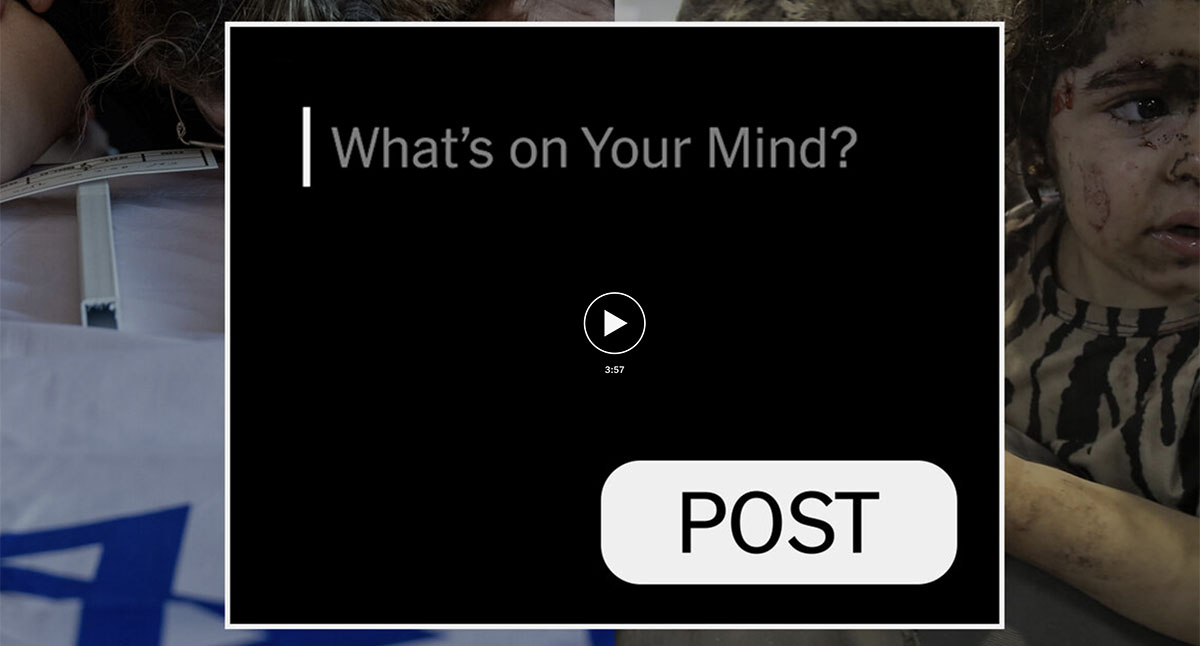About Speaking Out
Why have we not said anything about the war in Israel and Gaza? It’s not that we are indifferent. And it’s not that we shy away from difficult or unpopular subjects.
We speak out when we feel that we can make a difference. Whether it’s in support of masking before masking is a public topic, or to demand accountability for the murder of blacks by police officers, or to raise money for the victims of earthquakes—in these cases, we feel our actions can have a positive impact, because these topics aren’t on the radar until we and others put them there. We feel a moral obligation to effect positive change, because we can. In many cases, these topics are not popular, and we lose customers who don’t like what we say. When we discussed this, Natsuko said: “That’s OK. Let’s do what we think is right.”
We don’t speak out on non-cycling matters just to virtue signal, to jump on a bandwagon after it’s safe to do so, and to show our customers that we support the same causes as they do. We don’t see tragedies as advertising opportunities.
In the current conflict, those who have real power to effect change—the U.S. president, newspapers, commentators, etc.—have spoken about the unspeakable atrocities committed in the attack on Israelis and the incredible suffering unleashed on the already-suffering people of Gaza. We abhor all violence, but there is little we can add that hasn’t been said.
To illustrate this, imagine coming upon an accident scene. If we are the first to arrive, we will stop and render first aid. If an ambulance is already on the scene, we pass by, with a silent prayer for those who are injured. Our compassion is no different in each case, even if our outward actions are.
Our hearts go out to those who are grieving for their lost ones. Our anger is directed at those who perpetrate this violence. We hope for the best-possible outcome. And if there is an important viewpoint in the future that is not represented, we will speak out.



